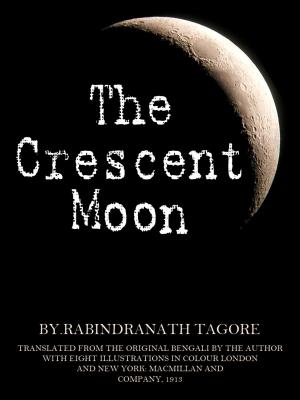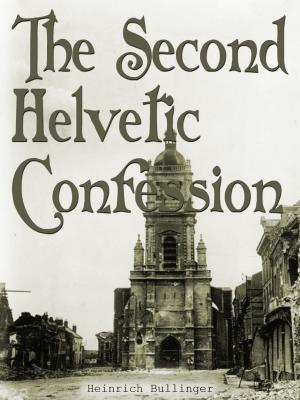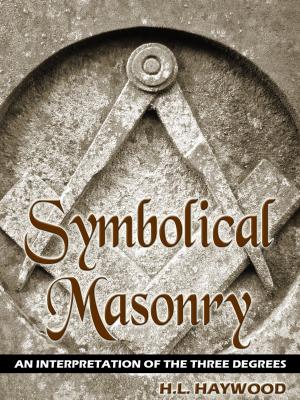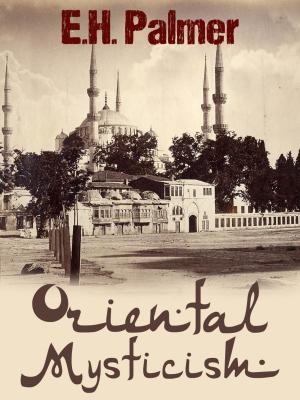Of Tragedy
Nonfiction, Religion & Spirituality, Inspiration & Meditation, Spirituality, Fiction & Literature, Classics, Historical| Author: | David Hume | ISBN: | 1230000033183 |
| Publisher: | AppsPublisher | Publication: | November 25, 2012 |
| Imprint: | Language: | English |
| Author: | David Hume |
| ISBN: | 1230000033183 |
| Publisher: | AppsPublisher |
| Publication: | November 25, 2012 |
| Imprint: | |
| Language: | English |
Of Tragedy
by David Hume
It seems an unaccountable pleasure, which the spectators of a well-written tragedy receive from sorrow, terror, anxiety, and other passions, that are in themselves disagreeable and uneasy. The more they are touched and affected, the more are they delighted with the spectacle; and as soon as the uneasy passions cease to operate, the piece is at an end. One scene of full joy and contentment and security is the utmost, that any composition of this kind can bear; and it is sure always to be the concluding one. If, in the texture of the piece, there be interwoven any scenes of satisfaction, they afford only faint gleams of pleasure, which are thrown in by way of variety, and in order to plunge the actors into deeper distress, by means of that contrast and disappointment. The whole heart of the poet is employed, in rouzing and supporting the compassion and indignation, the anxiety and resentment of his audience. They are pleased in proportion as they are afflicted, and never are so happy as when they employ tears, sobs, and cries to give vent to their sorrow, and relieve their heart, swoln with the tenderest sympathy and compassion.
Of Tragedy
by David Hume
It seems an unaccountable pleasure, which the spectators of a well-written tragedy receive from sorrow, terror, anxiety, and other passions, that are in themselves disagreeable and uneasy. The more they are touched and affected, the more are they delighted with the spectacle; and as soon as the uneasy passions cease to operate, the piece is at an end. One scene of full joy and contentment and security is the utmost, that any composition of this kind can bear; and it is sure always to be the concluding one. If, in the texture of the piece, there be interwoven any scenes of satisfaction, they afford only faint gleams of pleasure, which are thrown in by way of variety, and in order to plunge the actors into deeper distress, by means of that contrast and disappointment. The whole heart of the poet is employed, in rouzing and supporting the compassion and indignation, the anxiety and resentment of his audience. They are pleased in proportion as they are afflicted, and never are so happy as when they employ tears, sobs, and cries to give vent to their sorrow, and relieve their heart, swoln with the tenderest sympathy and compassion.















